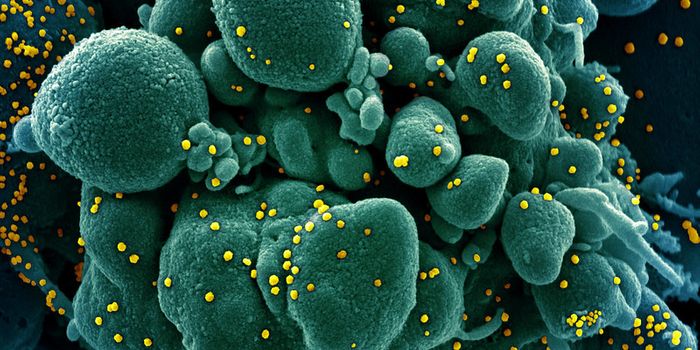Pancreatic Cancer is Difficult to Detect in its Curable Early Stages: AI Could Soon Change This
Pancreatic cancer typically does not cause symptoms until after it has spread to other organs. This makes it very difficult to detect during early stages when it is the most curable. The pancreas, an organ that releases hormones which aid in digestion and in regulation of blood sugar, can be affected by both cancerous and noncancerous tumors. It is most commonly affected by a type of cancer called pancreatic ductal adenocarcinoma (PDAC) that forms in the the ducts of the pancreas that carry digestive enzymes.
If caught during its early stages, pancreatic cancer can more reliably be cured through surgery that removes the cancerous cells. For this reason, novel methods of detecting pancreatic cancer at early stages could dramatically improve outcomes for many patients.
In a new study from the Mayo Clinic, researchers used CT scans from 155 individuals who would later go on to develop pancreatic cancer to develop an AI detection method. They also looked at CT scans from 265 individuals of similar age who did not develop pancreatic cancer at the time of the study’s publication.
The researchers used a radiomics-based machine learning (ML) model to analyze the CT scans. They compared this AI method to an evaluation of the CT scans done by two expert radiologists, a method that would typically be used during a clinical diagnosis.
The researchers found that the radiomics-based machine learning model detected pancreatic cancer in CT scans substantially earlier than the radiologists. The machine learning model built by the researchers was able to predict cases of pancreatic cancer from CT scans at a median time of 386 days prior to clinical diagnosis, with about 96% accuracy.
Dr. Mukherjee, first author of the study, says that “in comparison, radiologists were unable to reliably differentiate between patients who went on to develop cancer versus those who had normal pancreas."
The machine learning model was also tested against a range of variations that might be seen in a real-life clinical setting, including variable image noise, scanner models, post-processing parameters, and image acquisition protocols. The researchers found that the machine learning model was not affected by these variations.
Dr. Goenka, senior author of the study, says that “AI models can detect cancer from a normal-appearing pancreas on CTs several months prior to cancer symptoms, even when the disease was beyond the scope of perception of radiologists."
Before this technology can be deployed in clinical settings, additional testing must be completed. A much larger study including CT scans of 12,500 patients is currently underway to evaluate the researchers’ machine learning screening strategy. This technology is extremely promising since it could identify pancreatic cancer at a stage where it may be able to be cured through surgery.
Sources: Mayo Clinic, Gastroenterology








